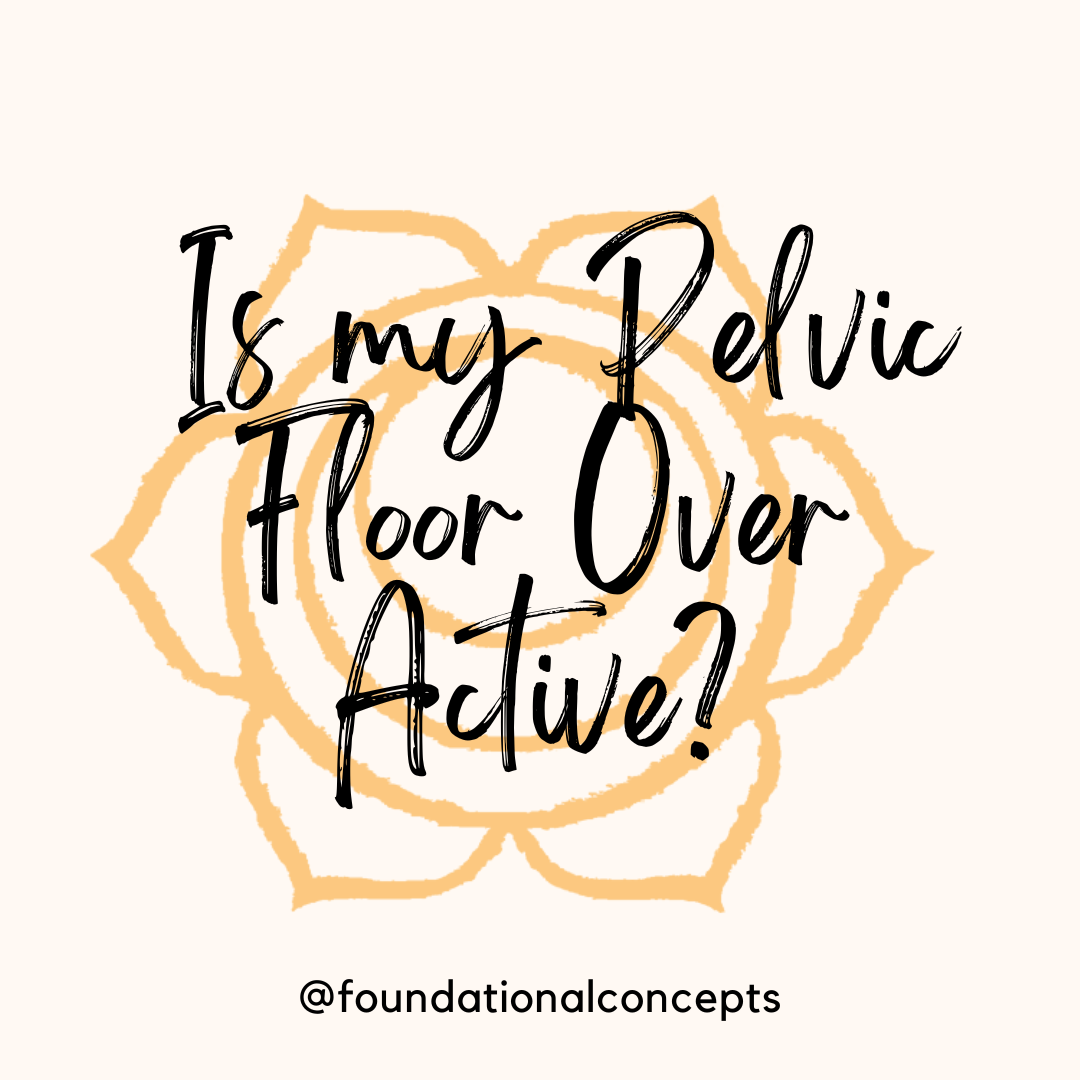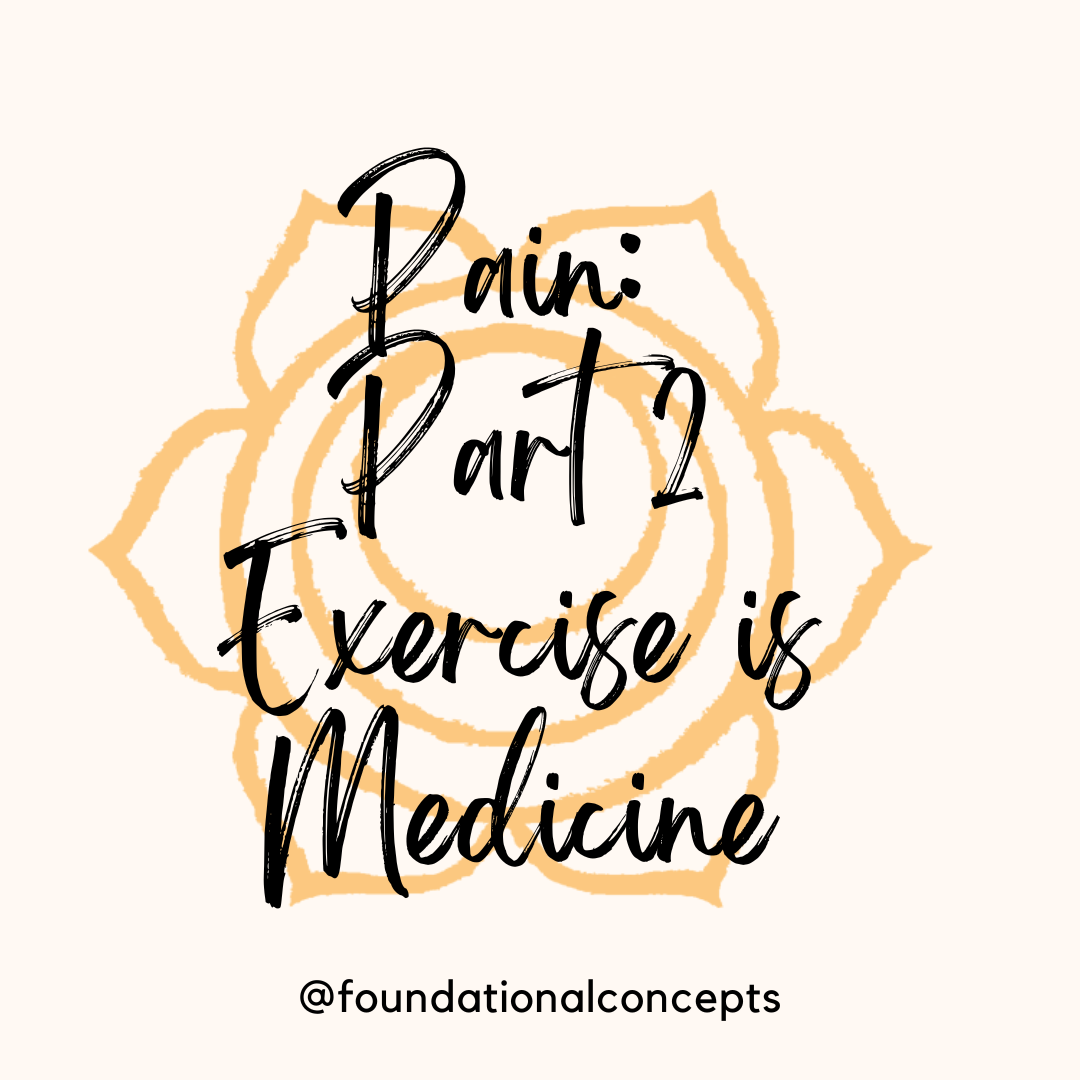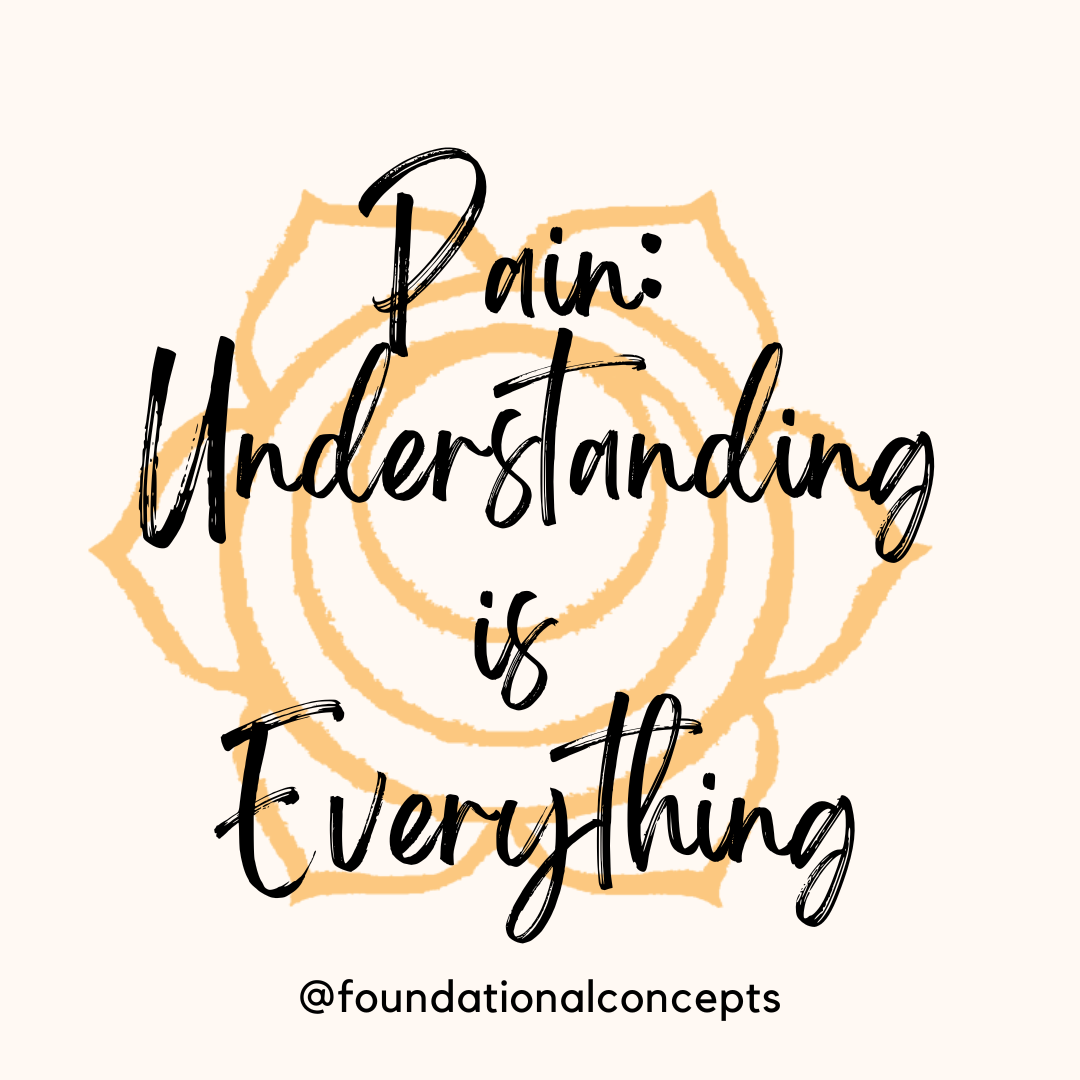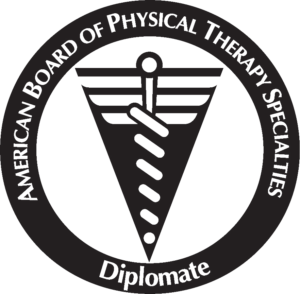Let's break down what Pelvic Floor Muscle over activity might look like. This can be…
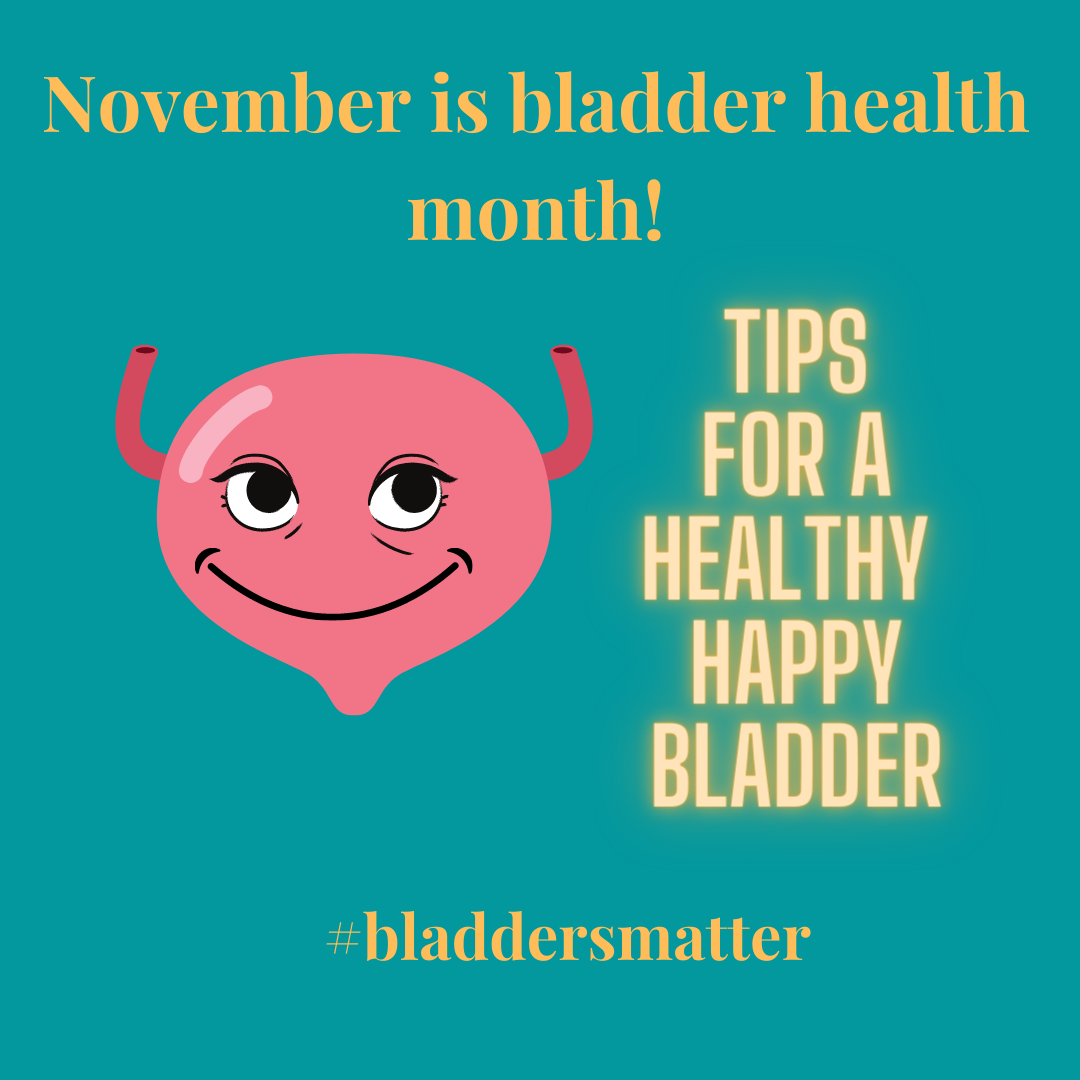
Bladder Health Tips
If you are someone suffering from bladder irritation, frequency, urgency, or pain leading up to, during or after urination…read on for tips to settle down your bladder, give it a little TLC, and get control of these symptoms. Lets dig into the top 5 tips for bladder health.
Diet and Fluid
First, you will want to evaluate your diet. I happen to be addicted to coffee, wine, Mexican food, and carbonated water. This might seem like a random assortment of foods, but what they have in common is that they irritate the bladder. I often experience a twinge of pain after I pee if I don’t couple my coffee or glass of wine with water. So, be aware of what can irritate the bladder, and what to do to keep it at bay.
The big five bladder irritants include: caffeine, carbonation, spicy foods, acidic foods, and alcohol. Bladder pain and irritation can come in many different diagnoses. No matter the diagnosis, the underlying issue is often inflammation, which leads to pain and discomfort in the bladder and surrounding pelvic region. Bottom line is drink lots of water! ½ your body weight in ounces is ideal.
Stay on Schedule
Second, Keep a good voiding schedule. When the bladder gets fussy, it is easy to get into bad habits of going pee too often. You should pee every 2-3 hours during the day. Anything more than that is too often. The problem with too often is it trains the bladder it needs to be emptied sooner, and causes sensitivity. The bladder is meant to store urine until you are able to get to the bathroom, so it sometimes needs to be re-trained to do its job properly.
Healthy muscles, happy bladder
Third, maintain healthy pelvic muscles. The muscles within the pelvis have a very close relationship with the bladder. When the muscles are weak, we struggle with urgency, frequency and leaking urine. When they are over active, they can cause those same symptoms, as well as pain and burning. If you have any of the issus mentioned in this article, you likely have pelvic muscle issues. If that is the case, I strongly suggest you see a pelvic floor physical therapist. This can help you determine what is going on with your system and an individual plan to address it. Click here for a short video on connecting with the pelvic floor and diaphragm, which is a great way to help the pelvic muscles stay healthy!
Keep track of habits
Fourth, Keep a bladder diary. I usually recommend that patients have a weekday and a weekend day logged, as our diets can fluctuate on the weekends. Keep a log of what you eat, drink and how often you go pee, noting any pain symptoms that you feel. This can help identify foods or drinks that may be a cause of irritation. It can also help you identify any patterns or activities or stressors that may be contributing.
Break the Pain Cycle
Fifth, break up your body’s response to the pain cycle. Rarely is our posture tall and engaged when we are in pain. Typically when we are in pain, we tend to slouch forward, round our shoulders and maintain a forward head. We also tend to hold our breath or breathe shallowly through our chest. This can lead to tightness and restriction through the thoracic diaphragm as well as lower abdominals. You might also be holding the pain or stress within your pelvic floor itself. Pelvic floor tension can also manifest as bladder urgency, frequency or irritation. Click here for some steps you can take to release tension and improve your body’s ability to cope with pain.
Bottom line, if you have these symptoms, it is important to get established with a pelvic health therapist to review the diary and tease out any patterns that could be contributing to the problem. Pelvic floor therapy can assist with any existing bladder scarring, lower abdominal fascial restriction, pelvic floor tension, and coordination/patterning of deep core and pelvic floor muscles for pain control. A pelvic floor PT will assess you, and make an individualized program based on your personal findings.
We offer a free 15 minute phone consultation with one of our PT specialists to answer questions and see how integrative physical therapy can be beneficial for you. We work to bring an integrative, whole person approach to our practice and will work with your on all the lifestyle factors that can help you reach your wellness goals and reduce your stress and pain.
–Stacy Massey, PT, DPT

